What We Believe
1. We are an unaffiliated Conservative Synagogue of “Two-Testament Judaism.” (see “Why ‘Conservative?'” for more information.) We use the term, “Two-Testament” more often than “Messianic” because the word “Messianic” can have extremist or apocalyptic connotations we wish to avoid: they do not apply to, nor define us in any way.
2. We have a primary geographical focus: New York City – Manhattan – the capital of the Jewish world outside Israel. We welcome visitors and Members from anywhere, and we have a particularly vibrant connection to Jerusalem, Israel – in which our long-term plans involve planting an Israeli sister “Congregation Beth El.” We embrace faith in the One God as described in The Two Testaments of The Jewish Scriptures, according to those historically Jewish traditions affirmed as scripturally and spiritually valid through sound spiritual and scholastic processes. We believe accurate knowledge of Scripture, as well as faith, reason, and education – all mutually encourage healthy faith in “the One God, and The Messiah whom He has sent, which is eternal life.” (John 17:3)
3. We affirm as true and valid the two distinct portraits of” Messiah” within Jewish sacred writ: (i) the Suffering Redeemer-Messiah Scripture describes in detail (Isaiah 53), and whom Talmudic tradition affirms as “Messiah Son of Joseph that will be killed” (TB Sukkah 52a); (ii) as well as the Conquering and Peace-bringing Messiah whom the Sages call “Messiah Son of David” (TB Sukkah 52a). “Who Is Yeshua?” for recorded teachings on the Suffering Messiah – or – the position paper, “The Suffering Messiah in Jewish Sacred Writ” for more written information.
4. We believe the Suffering Redeemer to be the historical person Yeshua of Nazareth, whom non-Jewish faiths call by his name in Greek-translation – ‘Jesus.’ This is the primary distinctive of the terms “Two Testament” or “Messianic. We believe Messiah (as Suffering Redeemer) has already come. (Daniel 9:24ff + TB Sanhedrin 98b). We also believe in accord with Scripture and with countless Jewish generations that Messiah is a more than merely human personage: He was and is “the Son of God” (Psalm 2, Proverbs 30, TB Sukkah 52a, DSS 4Q246, 4Q251 et al), and in a way never effectively reduced to a brief epithet, also somehow a visitation of The Creator to humankind (Zech. 12:10).
5. We affirm that belief in this Nazarene Messiah Yeshua is an endemically Jewish faith at its roots. Neither Yeshua, nor any of those who followed Him in Scripture ever envisioned, advocated, or condoned faith in his Messiahship as justification for departure from the faith and customs of Israel (Matt. 5:17-19, Acts 21:18-24). Hence, we practice our faith in the context of the historic Jewish tradition, including traditional life-cycle events such as b’rit milah, b’nai mitzvah ceremonies, Jewish marriage rites, etc. Our worship is organized – as per New Testament instruction in Acts 21 – according to the “customs of our fathers.” We see ourselves as members of the multi-millennial Jewish conversation, and when we bring revisions of practice or theory to the table, we do so with great respect for the cultural and national context Scripture enjoins upon us as Messiah-believing Jewry.
6. We acknowledge the Scriptural truth that the One God loves more than one nation, and that His redemptive plans for humankind have always included other nations in a manner totally respecting their uniqueness. (Isaiah 49:6, Acts 10:35, Ephesians 3:14-15) These nations are not under a requirement to ‘convert’ to Jewish identity to experience God’s redemption through His Messiah. (Acts 21:25) God‘s agenda is not the homogenizing of our species. The fact millions of non-Jews refer to the Messiah with non-Jewish names does not alter his Jewish context: calling him “Jesus” does not make Him a Greek, just as calling him “Issa” (Arabic) does not make him a Bedouin.
7. We affirm Scriptures declare there will be people from outside the Jewish nation who experience differing degrees of ‘calling’ to participate with the Jewish nation’s destiny – and we seek to embrace each of those manifold and distinct kinds of calling in a manner appropriate to its individual nature. (Ruth 1:17, Acts 6:5)
8. We affirm that both Testaments of Jewish Scripture require active commitment to spread understanding of the One God‘s existence, His love for Humankind, and His offer of redemption from the temporal and eternal devastations wrought in human lives by the powers of deception and of sin (Psalm 96:3-5).
